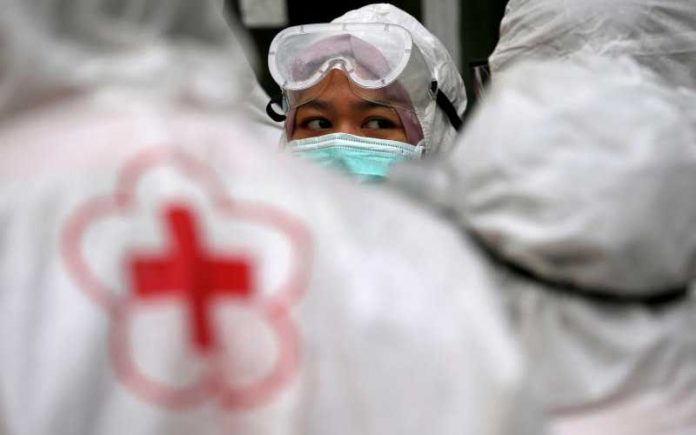The confirmation on Friday of the first positive coronavirus case in Kenya set off an unprecedented wave of false and misleading claims about how people can monitor, prevent, cure and ‘treat’ the virus.
Often imbued with false attribution to pass off as authoritative, the messages are viral on social networking platforms. And they are forwarded on by well intentioned, but fearful and naïve people.
The deluge of misinformation about the pandemic is so huge that the World Health Organisation (WHO) said it was fighting an “infodemic” that posed a serious threat to public health.
Here are some of the widely-shared claims the Standard Fact Desk debunked:
Drinking water with lemon
A message purporting to be of a medical faculty member at Zanjan University falsely claimed that drinking warm water with lemon protected against the coronavirus.
“Please use as much as possible of natural vitamin C to strengthen your immune system. Don’t worry, C gets rid of it a lot, and it’s fine (sic),” it read in part.Generally, eating fruits and vegetables rich in vitamin C is good for staying healthy, but there is no scientific evidence that eating a particular food will help prevent this virus.
To protect ourselves from the virus, the WHO recommends that we frequently wash our hands, cover our mouth and nose when sneezing or coughing, and avoid close contact with those infected.
You cannot get coronavirus from ‘mitumba’
Second-hand clothing is a huge business in Kenya and is a favourite for thousands of bargain-hunting shoppers who are not shy of rummaging through piles of clothes shipped from the West.
But various online posts are now advising against them with claims that they could be carrying coronavirus from numerous worst-hit western nations. This is false.
According to studies on the virus, it may survive for a few hours or up to several days on surfaces. This is dependent on conditions such as the type of surface, temperature or humidity of the environment, the WHO says. Read more…



